Angry Macron blasts media over reporting of Israel comments
French President Emmanuel Macron on Friday faced accusations of seeking to reduce the media to merely reproducing press releases after blaming journalists, ministers and commentators for the furore over comments attributed to him on Israel.
A visibly furious Macron late Thursday began his press conference after an EU summit in Brussels with a tirade against those who he accused of distorting remarks made in a closed-door cabinet meeting and showing a "lack of professionalism" in their work.
The remarks attributed to Macron that Israel needed to adhere to UN resolutions in its campaigns in Lebanon and Gaza as the state was created by the world body angered Israeli Prime Minister Benjamin Netanyahu but also sparked strong reactions in France.
His comments were quoted by two participants who spoke to AFP after the meeting and asked not to be named.
"Mr Netanyahu must not forget that his country was created by a decision of the UN," Macron told ministers, referring to the resolution adopted in November 1947 by the United Nations General Assembly on the plan to partition Palestine into a Jewish state and an Arab state.
Netanyahu accused Macron of a "distressing distortion of history" and "disrespect". In France, the speaker of the upper house Senate, Gerard Larcher, said he was "astounded" by the remarks and accused the president of showing his "ignorance" of history.
"I would like you to allow me to recall a few rules," Macron solemnly told reporters at the start of his news conference on Thursday.
"I must tell you how astonished I was to read so many comments, comments on comments, reactions, including from political leaders, foreign or French, to remarks that I made without seeking to know what exactly I said."
Macron attacked "ministers", "journalists" and "commentators" for the ensuing controversy, denying his remarks "as they were reported", arguing his words were taken out of context.
"I believe I say enough about the situation in the Middle East not to need a ventriloquist," he added.
He called on ministers to "show respect for the rules and functions so as not to circulate false information" and on journalists "to treat the remarks reported with the necessary precautions".
After some critics in France questioned whether Macron had been casting doubt on Israel's right to exist, the president said that "there is no ambiguity" in the position of France.
But the Association of the Presidential Press (APP), which groups together reporters covering the head of state, said Macron had "seriously questioned the ethics of the press, which investigates and cross-checks its sources rigorously."
"Our work cannot be limited to repeating official statements. The definition of journalism cannot be a presidential prerogative," it said.
With heavy sarcasm, Greens MP Benjamin Lucas said on X: "That's right, journalists, why don't you simply and blindly reproduce the official press releases? Why bother searching, by cross-checking sources, to seek the truth?"
But after a controversy that has dogged Macron all week some supporters applauded his reactions.
Foreign policy is one of the few areas where the president retains leeway after the inconclusive outcome to summer legislative elections and appointment of a right-wing government left the centrist looking increasingly isolated.
"The voice of France in the world deserves better than the distortion of the truth. Those who engage in this are playing a very dangerous game for the country," said pro-Macron MP Mathieu Lefevre.
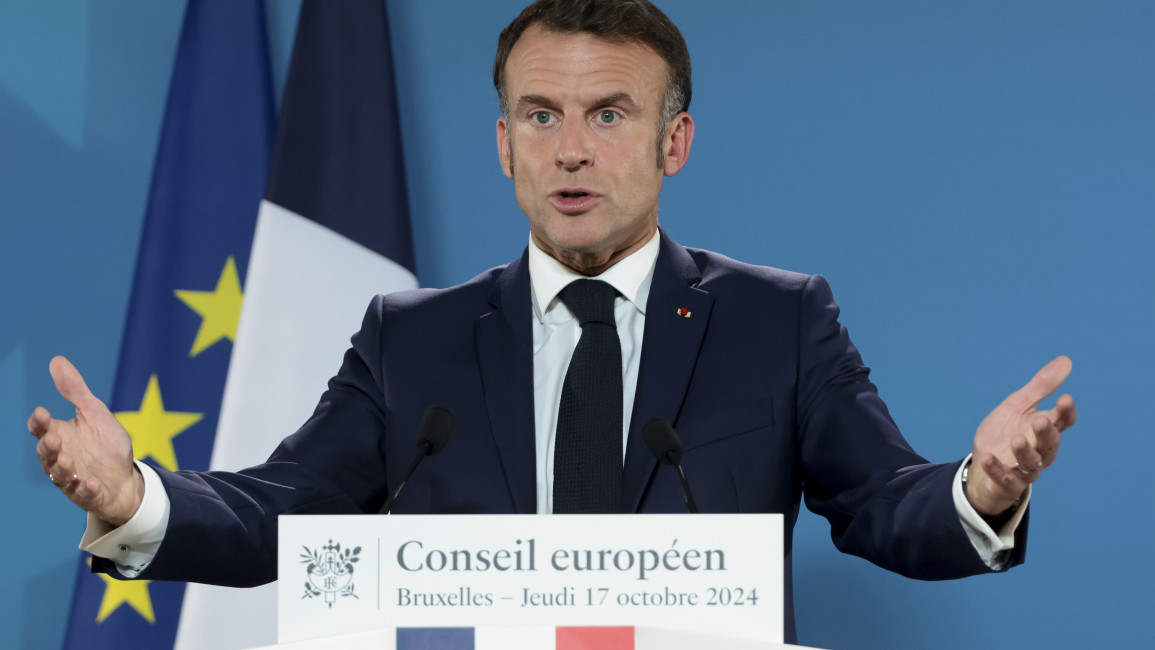
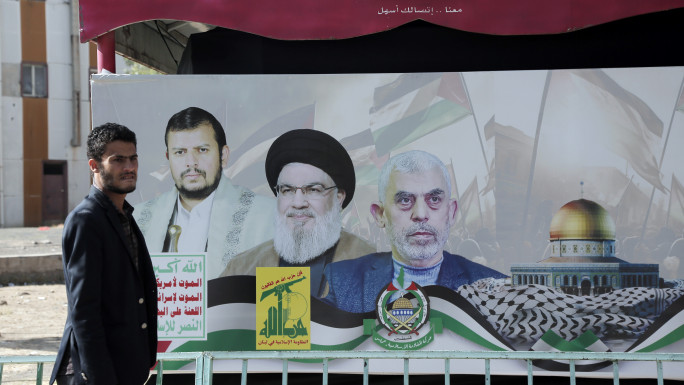
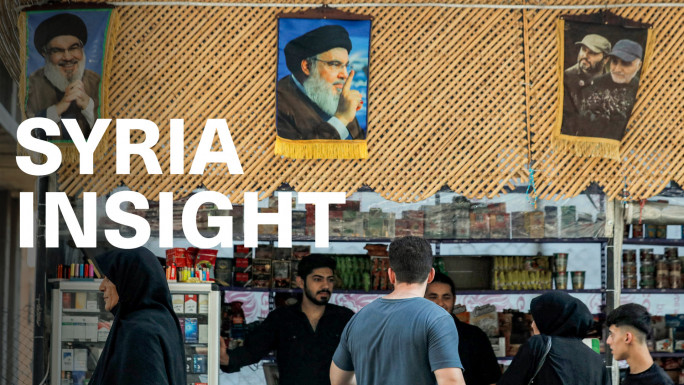
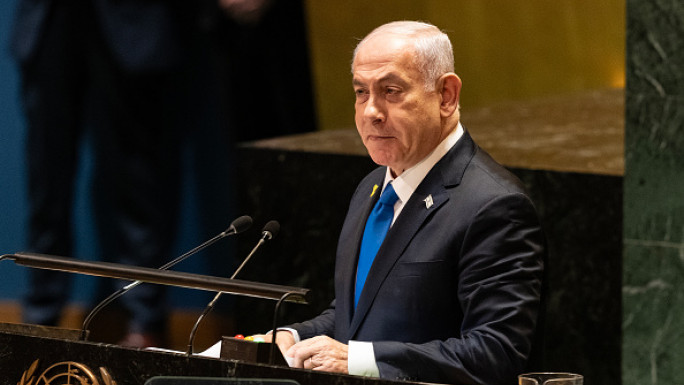
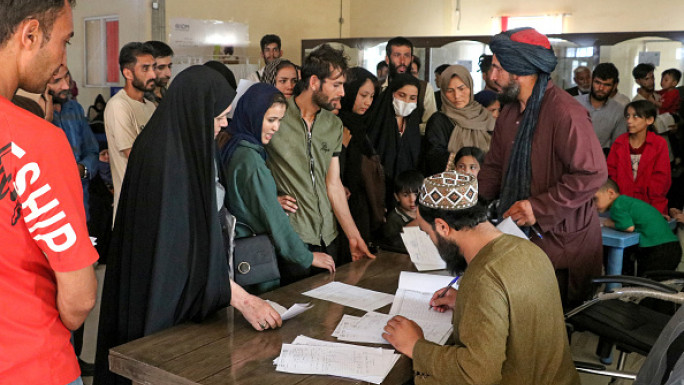

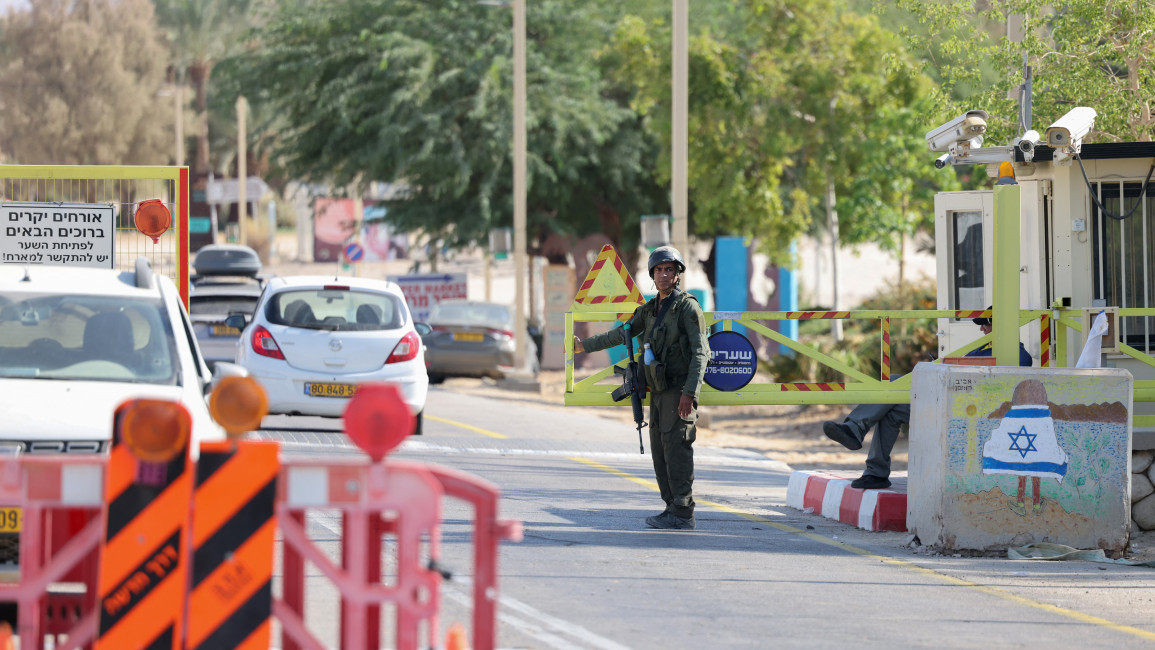

![Hezbollah fighters to escalate against Israel [Getty]](/sites/default/files/styles/large_16_9/public/2007755680.jpeg?h=a5f2f23a&itok=-K1ylw9R)